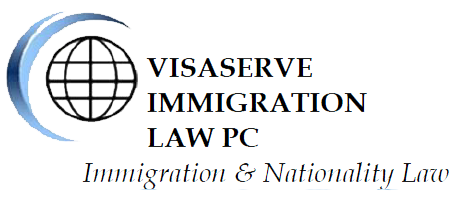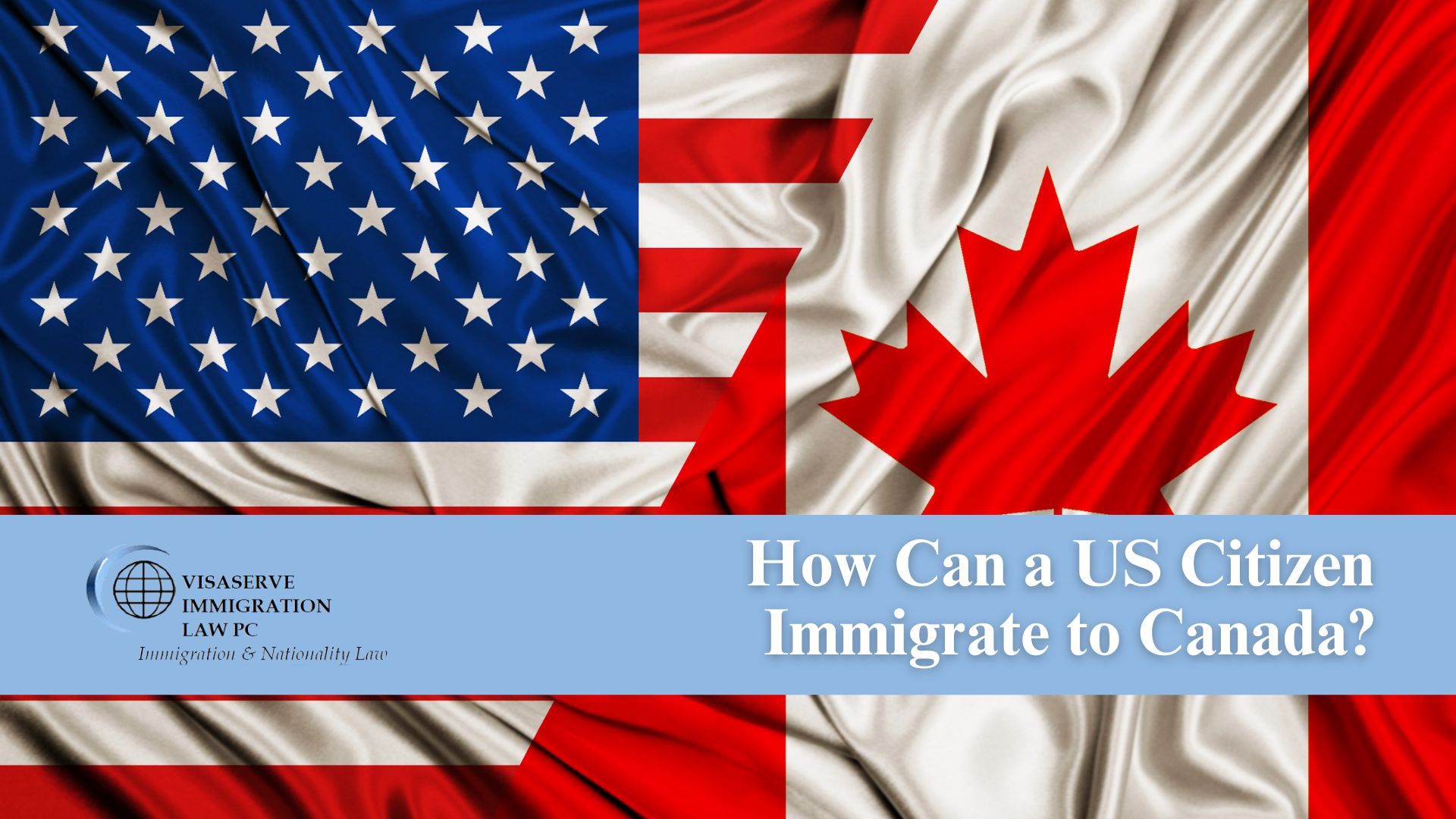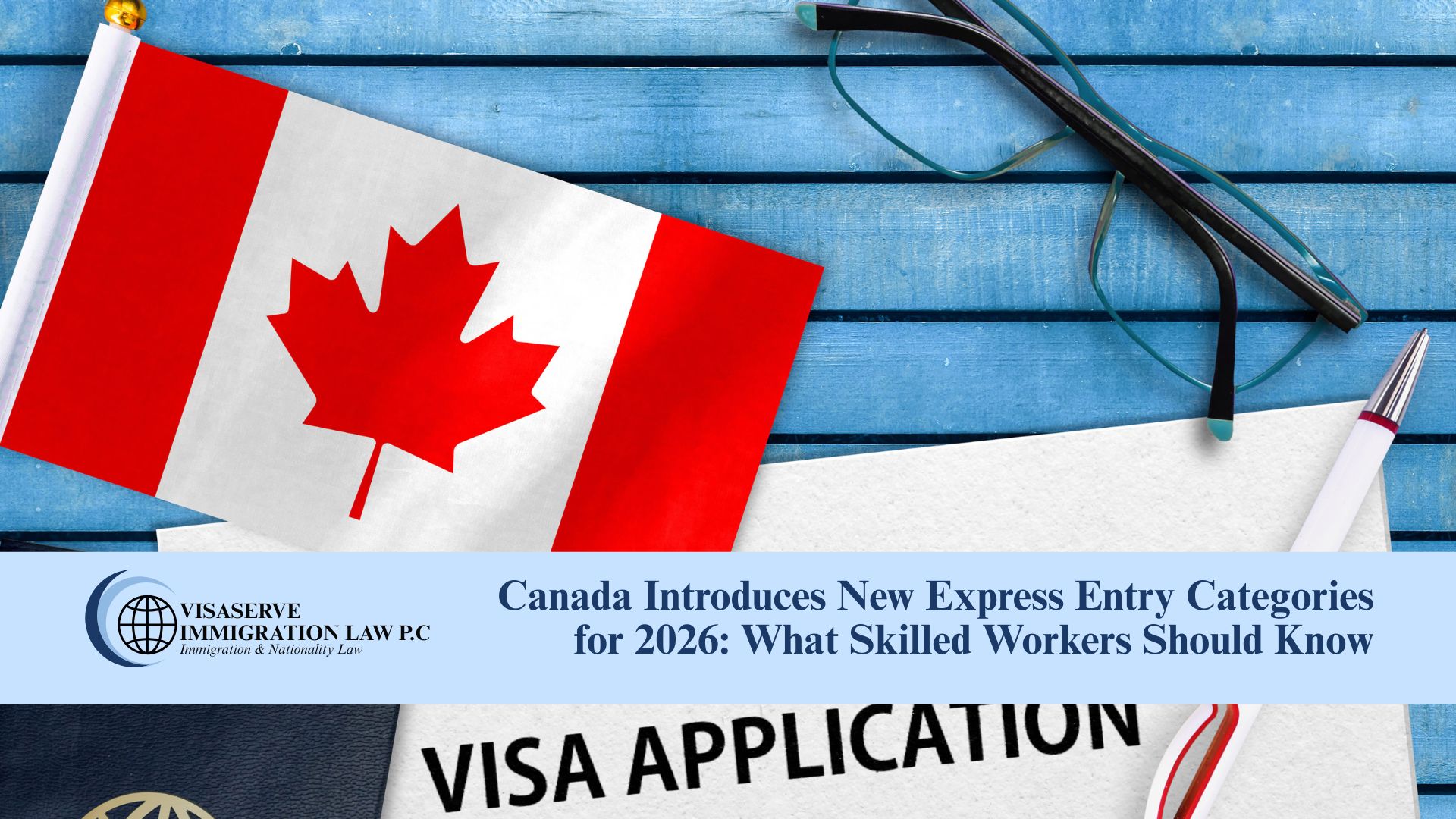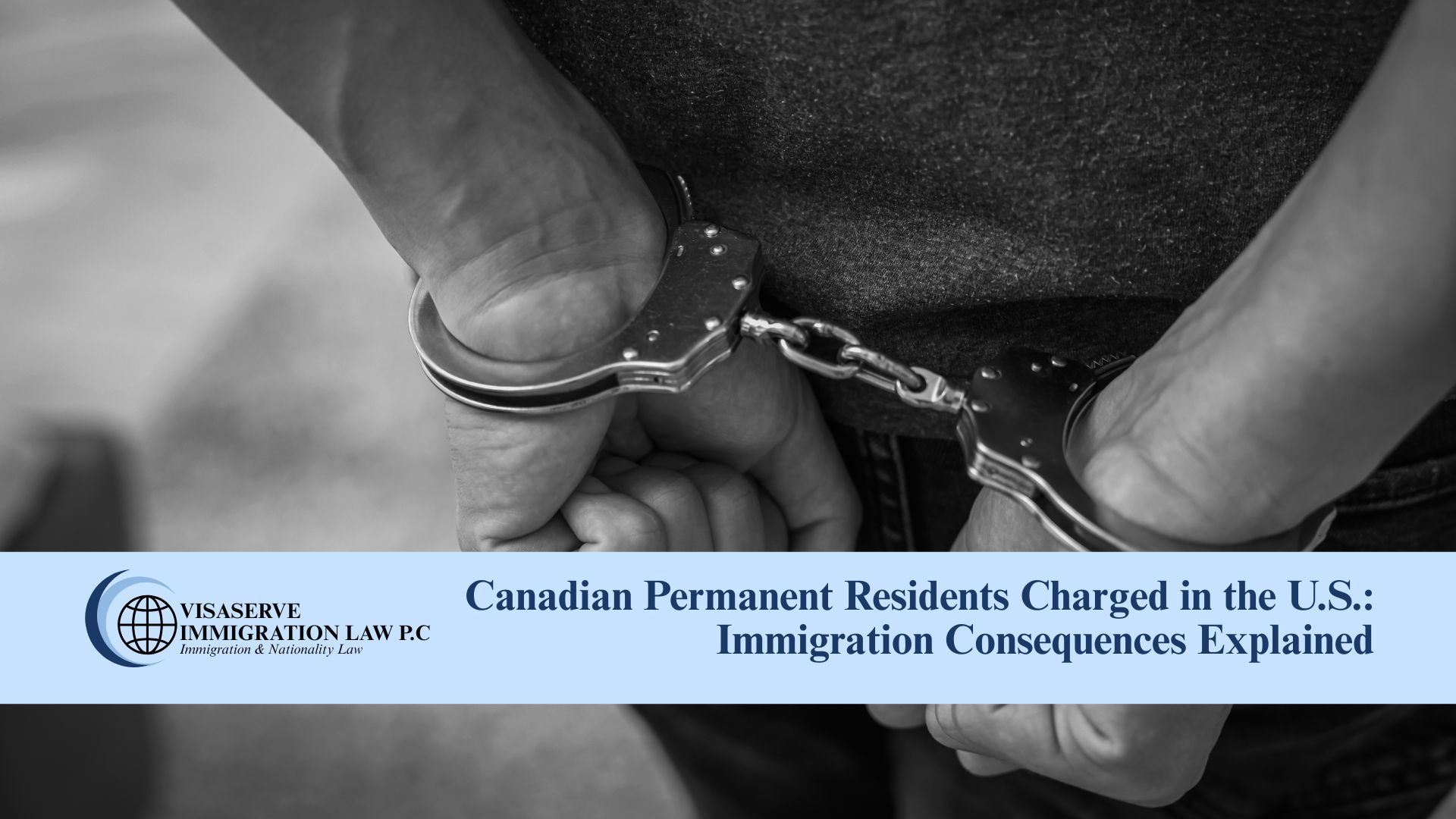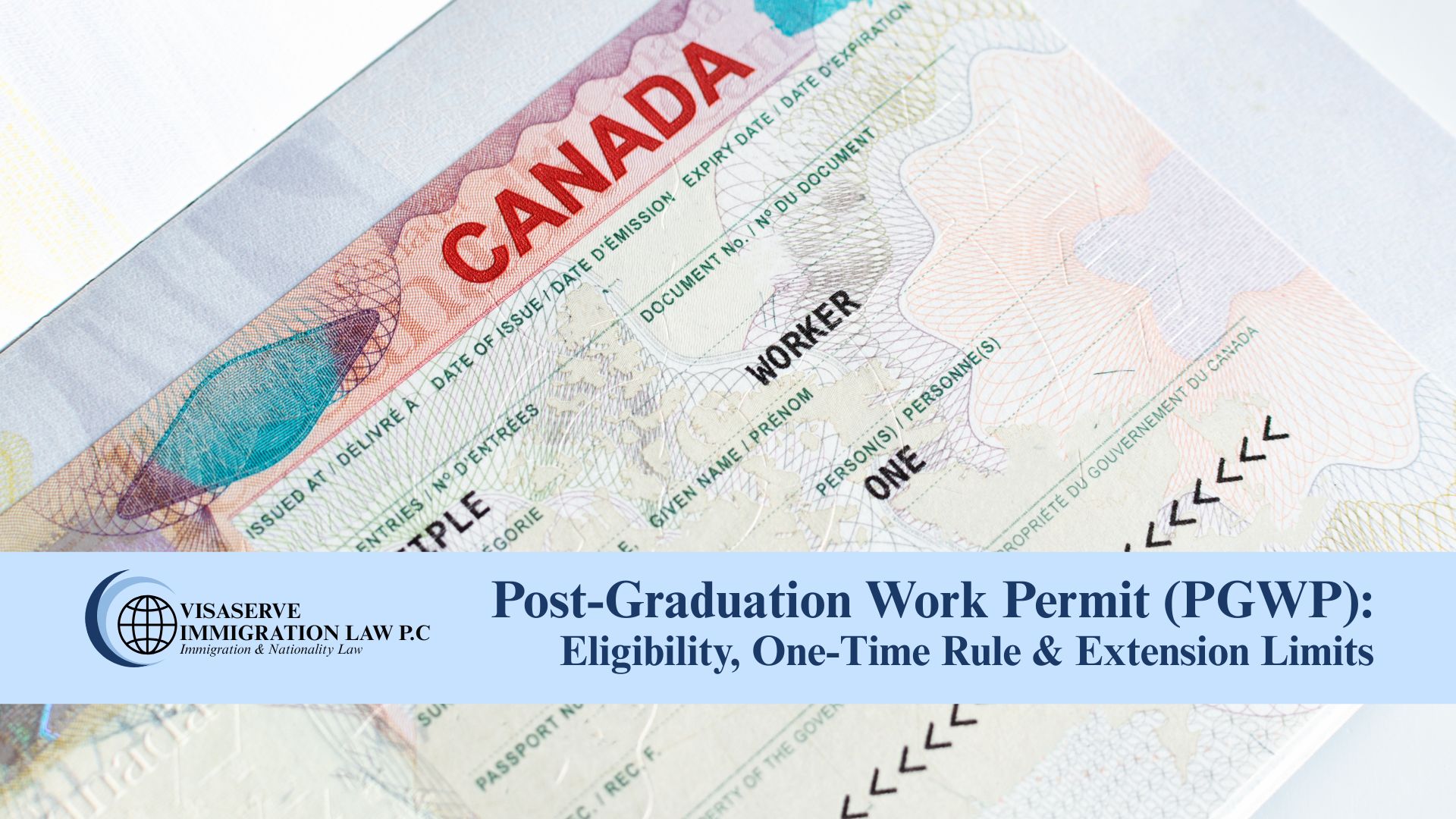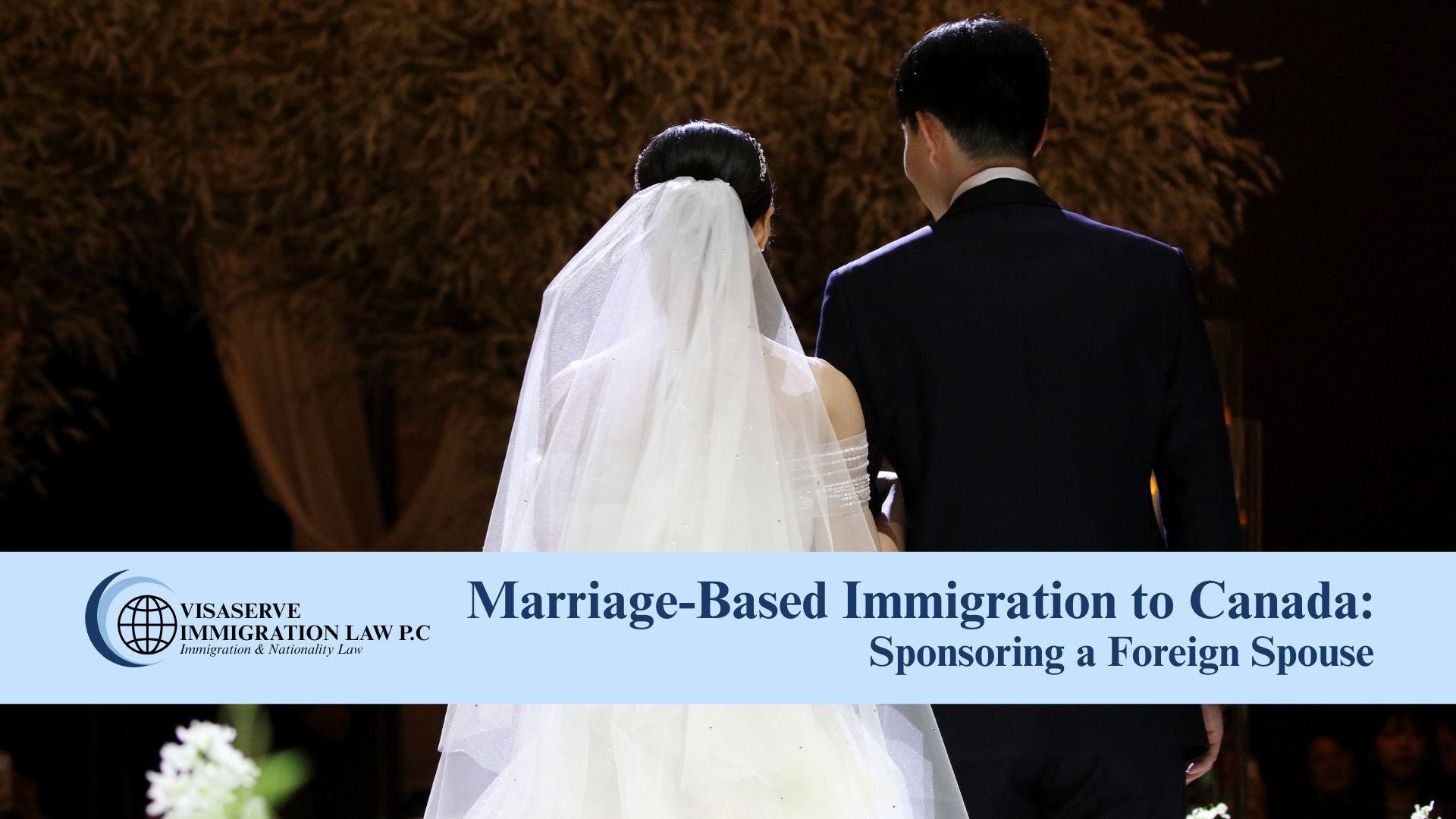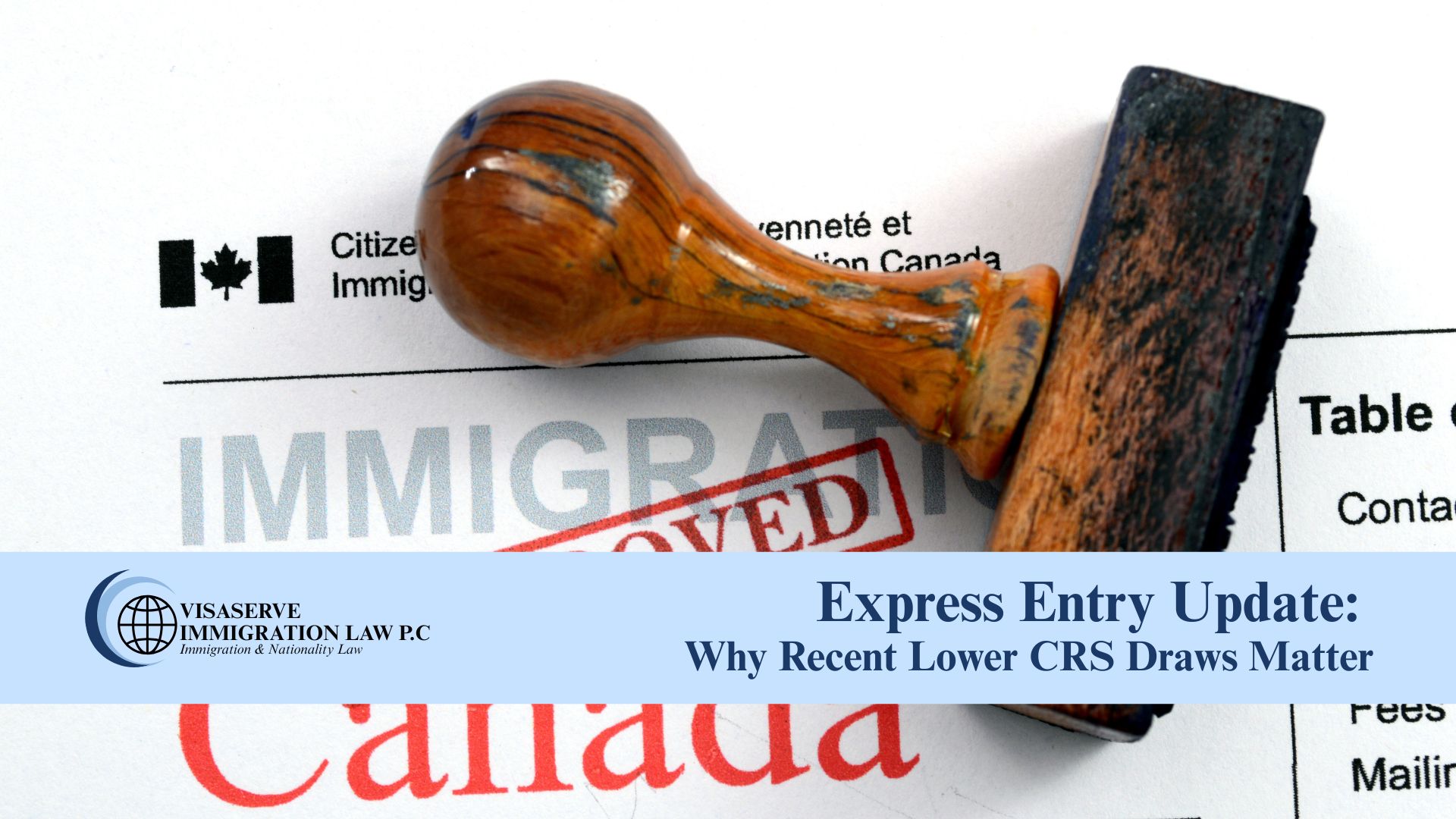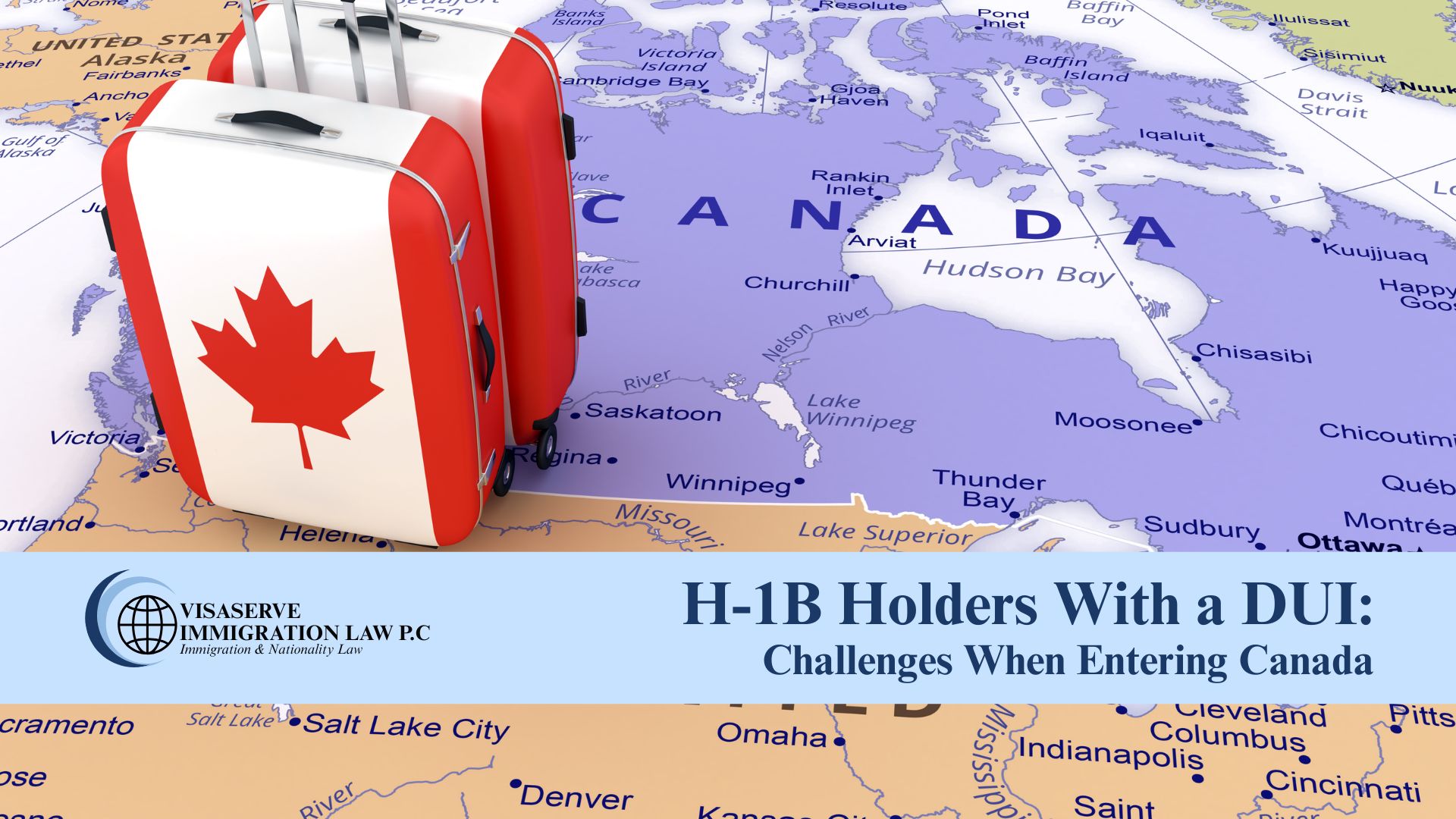For many Americans, Canada presents an attractive opportunity for work, investment, and long-term settlement. Whether you are a professional, business investor, or executive, several pathways are available to US citizens to immigrate to Canada. Understanding these options is the first step toward building a future in Canada.
1. Work in Canada Under the Canada–United States–Mexico Agreement (CUSMA)
Formerly known as NAFTA, the Canada–United States–Mexico Agreement (CUSMA) facilitates easier temporary entry for certain businesspersons from the United States. CUSMA allows for work permits without the need for a Labour Market Impact Assessment (LMIA) in specific cases.
Categories of CUSMA Businesspersons:
Business Visitors
-
Purpose: Attend meetings, conferences, training, or conduct business transactions.
-
No work permit required.
-
Can stay in Canada for up to 6 months.
CUSMA Professionals
-
Requires a pre-arranged employment contract in Canada.
-
Must have the necessary education, licensing, and certification.
-
Covered professions include:
-
Accountant, Architect, Engineer, Lawyer, Management Consultant
-
Computer Systems Analyst, Nurse, Psychologist, Veterinarian
-
University or College Instructor, Scientist (e.g., Biologist, Geologist)
-
-
Work permit required, valid for up to 3 years (renewable).
Intra-Company Transferees
-
For executives, managers, or specialized knowledge employees transferring from a US office to a Canadian affiliate.
-
Must have worked with the company for at least 1 year in the last 3 years.
-
Work permit valid for 3 to 5 years, depending on the role. Extensions available.
Traders and Investors
-
For individuals carrying out substantial trade between the US and Canada or managing investments in Canada.
-
Must hold a supervisor or executive role or possess essential skills.
-
Work permit required, typically valid for 1 year with possible 2-year extensions.
2. Other Permanent Immigration Pathways for US Citizens
While CUSMA provides options for temporary work in Canada, US citizens interested in permanent residency can also apply through other streams:
Express Entry Program
-
Federal Skilled Worker Program
-
Canadian Experience Class (if you gain Canadian work experience first)
-
Federal Skilled Trades Program
Express Entry is points-based, and factors include age, education, work experience, and language proficiency. US citizens with strong professional backgrounds may be competitive candidates.
Provincial Nominee Programs (PNPs)
Each Canadian province has its own immigration streams for workers, entrepreneurs, and investors. Some PNP streams do not require prior Canadian experience.
Family Sponsorship
If you have a Canadian spouse or partner, you may qualify for family sponsorship, allowing you to live and work in Canada as a permanent resident.
Start-Up Visa Program
For US entrepreneurs looking to start a business in Canada. Requires support from a designated Canadian investor group or incubator.
3. Application Process and Compliance
For CUSMA-related work permits, your Canadian employer must:
-
Submit a job offer through the Employer Portal
-
Pay the employer compliance fee
-
Provide you with a job offer number to apply for the work permit
Applications can usually be submitted at a Canadian port of entry, but advance processing is recommended for a smoother transition.
For permanent residency programs, you must apply through the IRCC portal and follow all guidelines on Canada.ca.
Final Thoughts
Immigrating to Canada as a US citizen involves various pathways, from temporary work under CUSMA to permanent residency through Express Entry or business investment. Each pathway has specific eligibility requirements and compliance steps.
At Visaserve Immigration Law P.C., we assist clients in navigating these legal processes with precision and care. Contact us today for personalized guidance on your Canadian immigration journey.
